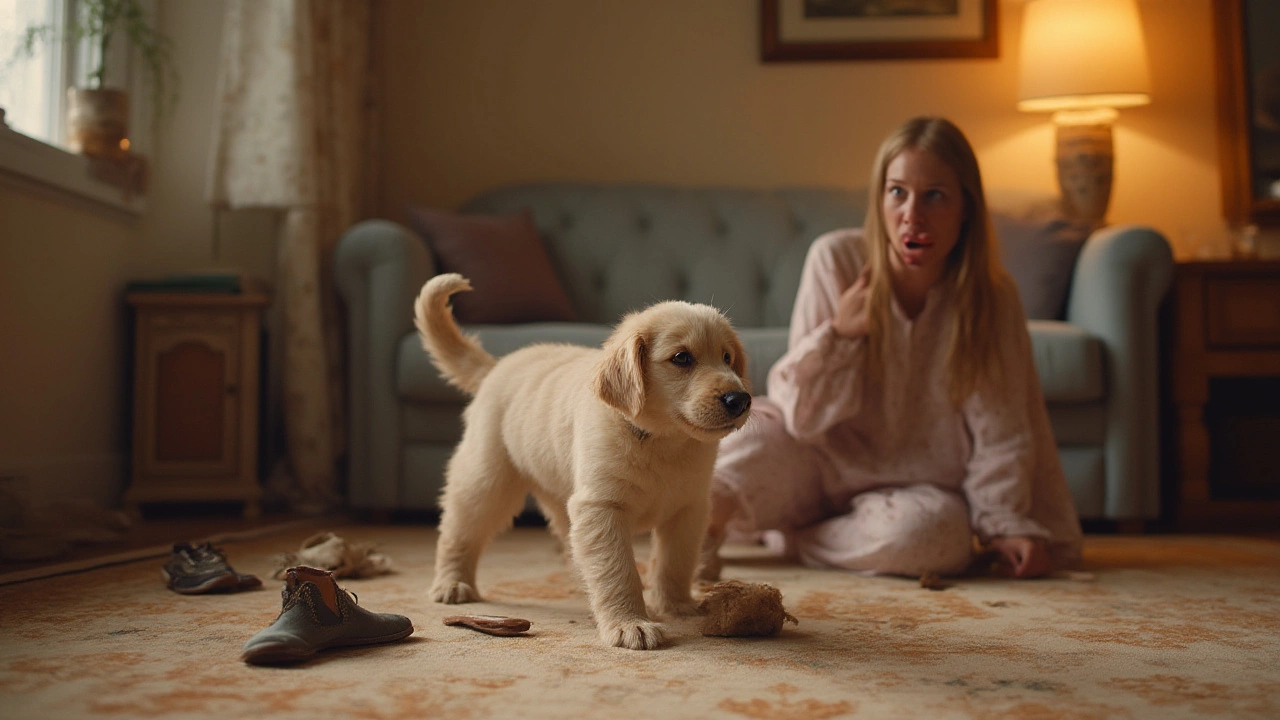Getting a Puppy: What Every First‑Timer Needs to Know
Bringing a puppy into your home is exciting, but it can also feel overwhelming. Before you rush to the nearest pet shop, take a moment to map out the basics: safe space, essential gear, and the first training milestones. Doing this upfront saves you stress, keeps your pup happy, and stops costly mistakes.
Set Up a Puppy‑Proof Zone
Pick a quiet room or a gated area where your new friend can retreat. Use a sturdy crate or a playpen—both give the puppy a sense of security and make house‑training easier. Cover cords, block off stairs, and store any toxic plants or chemicals out of reach. A simple baby gate, a few chew‑proof toys, and a comfy blanket are all you need to start.
Stock the Essentials First
Skip the impulse buys and focus on what matters most in the first week:
- Food bowl and water dish: Stainless steel is durable and easy to clean.
- High‑quality puppy food: Look for AAFCO‑approved formulas with real meat and DHA for brain development.
- Collar and leash: A lightweight, adjustable collar with a secure snap‑buckle works best for early walks.
- Chew toys: Rubber toys or frozen carrot sticks help soothe teething pain.
- Cleaning supplies: Enzyme cleaners erase odors so the puppy won’t be attracted back to the same spot.
Nelson's Equestrian and Pet Supplies offers a range of these items, so you can grab everything in one go.
Next, plan a simple routine. Puppies thrive on consistency. Feed them at the same times each day, take them out to potty after meals, naps, and play sessions, and schedule short, fun training bursts (5‑10 minutes). This rhythm teaches your pup what to expect and reduces anxiety.
When it comes to socialisation, introduce your puppy to new sights, sounds, and gentle people slowly. A short walk around the neighbourhood, a visit to a quiet park, or a calm car ride can boost confidence. Remember, the goal is positive exposure—not overwhelming overload.
Vaccinations are a must‑have early on. Follow a vet‑approved schedule (usually first shots at 6‑8 weeks, then boosters every 3‑4 weeks until 16 weeks). Keep a record, and ask your vet about deworming and flea prevention.
Finally, give yourself some grace. Puppies make messes, chew things they shouldn’t, and bark at shadows. Celebrate small wins—a successful potty outside, a sit command nailed, or a calm crate nap. The more patient you stay, the quicker your bond will grow.
Ready to start? Head to our online store, pick the basics, and enjoy the adventure of raising a happy, healthy puppy.
Surprising Truths About Getting a Puppy: What Most People Overlook
Thinking of getting a puppy? Discover the quirks, surprises, and challenges no one mentions. Real insights, firsthand stories, and practical tips every new puppy parent should know.
